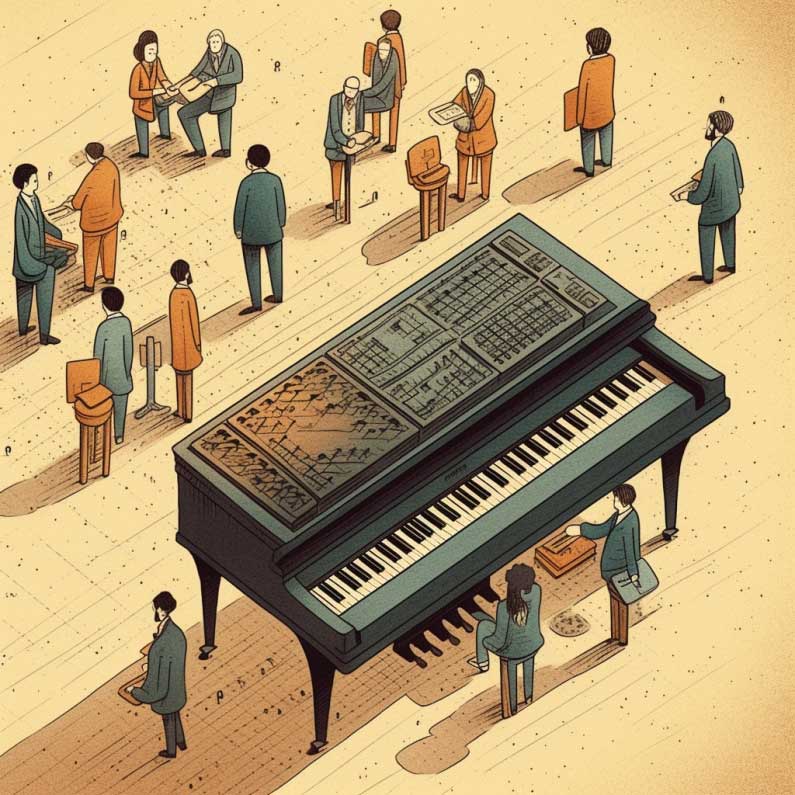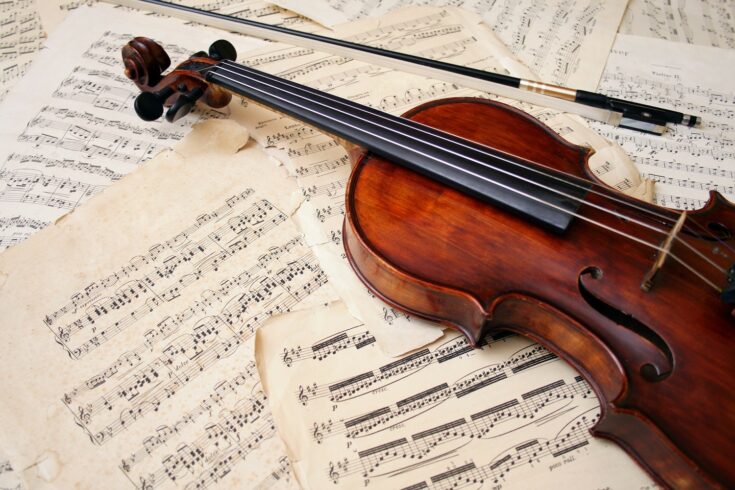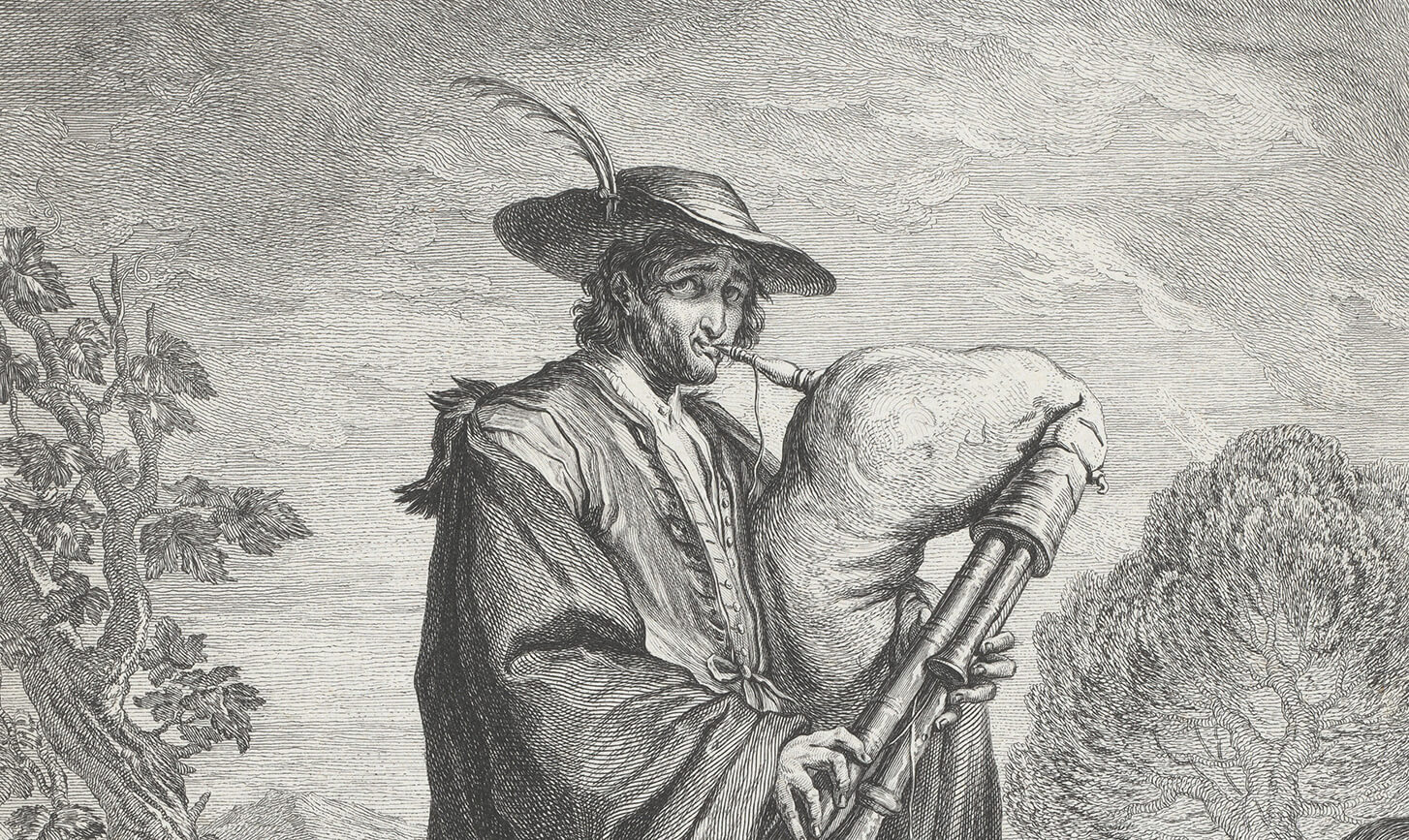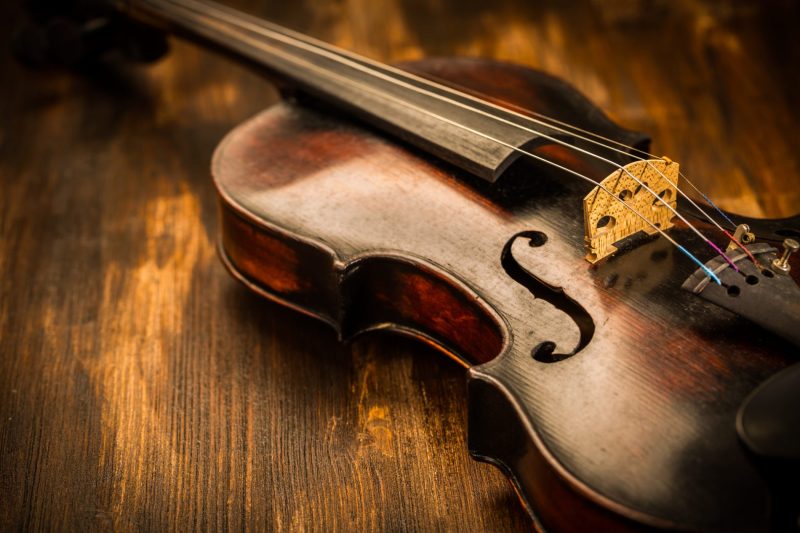Classical music, with its rich history and timeless compositions, continues to exert a profound influence on contemporary music across various genres. From rock to electronic dance music, classical composers’ innovations have left an indelible mark on modern musical expression. In this exploration, we delve into the ways in which classical music has shaped and inspired contemporary artists, providing a bridge between the past and the present.
The Legacy of Classical Composers:
To understand the influence of classical composers on contemporary music, we must first appreciate the enduring legacy of figures such as Ludwig van Beethoven, Wolfgang Amadeus Mozart, and Johann Sebastian Bach. These composers revolutionized music during their respective eras, introducing new forms, structures, and techniques that laid the groundwork for future generations of musicians.
Beethoven’s bold experimentation with harmony and form, exemplified in his symphonies and piano sonatas, continues to resonate with contemporary composers seeking to push artistic boundaries. Mozart’s melodic inventiveness and mastery of orchestration have likewise inspired countless musicians across genres, while Bach’s intricate counterpoint and mathematical precision serve as a model of craftsmanship and intellectual rigor.
Classical Elements in Contemporary Music:

The influence of classical music can be heard in a wide range of contemporary genres, from pop and rock to hip-hop and electronic music. One prominent example is the use of classical instrumentation in modern compositions. String sections, brass ensembles, and woodwind instruments are frequently employed to add depth and sophistication to contemporary tracks, evoking the grandeur and emotional resonance of classical orchestration.
Moreover, classical harmonic progressions and melodic motifs often find their way into contemporary songwriting, lending a sense of timelessness and gravitas to popular music. Whether subtle quotations or overt references, these classical elements imbue modern compositions with a sense of tradition and artistic pedigree.
In addition to musical elements, classical composers’ thematic concerns and philosophical insights continue to inform contemporary lyricism and songwriting. Themes of love, loss, redemption, and existential angst, explored in the works of composers like Beethoven and Tchaikovsky, resonate with songwriters seeking to grapple with the complexities of the human experience.
Cross-Genre Collaboration and Innovation:
One of the most exciting manifestations of the classical influence on contemporary music is the proliferation of cross-genre collaboration and experimentation. Classical musicians and composers are increasingly collaborating with artists from diverse backgrounds, blending traditional orchestration with electronic production techniques, improvisation, and non-Western musical traditions.
These collaborations not only breathe new life into classical repertoire but also challenge conventional notions of genre and musical identity. Projects such as orchestral arrangements of popular songs, contemporary dance works set to classical music, and experimental fusion albums exemplify the boundary-breaking spirit that characterizes contemporary music-making.
The Role of Education and Outreach:
Education and outreach initiatives play a crucial role in fostering appreciation for classical music and its influence on contemporary culture. Classical music education programs in schools and communities provide students with the opportunity to explore the works of great composers, develop their musical skills, and gain an understanding of music history and theory.

Similarly, outreach efforts such as concerts, lectures, and digital media campaigns aim to engage diverse audiences and demystify classical music, demonstrating its relevance and vitality in the contemporary world. By fostering dialogue and collaboration between classical and contemporary musicians, these initiatives ensure that the legacy of classical music continues to inspire and enrich artistic expression for generations to come.
In conclusion, the influence of classical composers on contemporary music is profound and multifaceted, shaping not only the sounds we hear but also the way we think about and create music. From orchestral arrangements to thematic motifs, classical music permeates the fabric of contemporary musical culture, serving as a source of inspiration, innovation, and artistic exploration. By embracing the rich legacy of classical music and forging new paths of creative expression, contemporary artists ensure that the spirit of musical invention and discovery endures.
For further exploration of classical and contemporary music, visit Root Hog Music (https://roothogmusic.com/), where you can discover a diverse selection of recordings, performances, and educational resources spanning multiple genres and historical periods.







